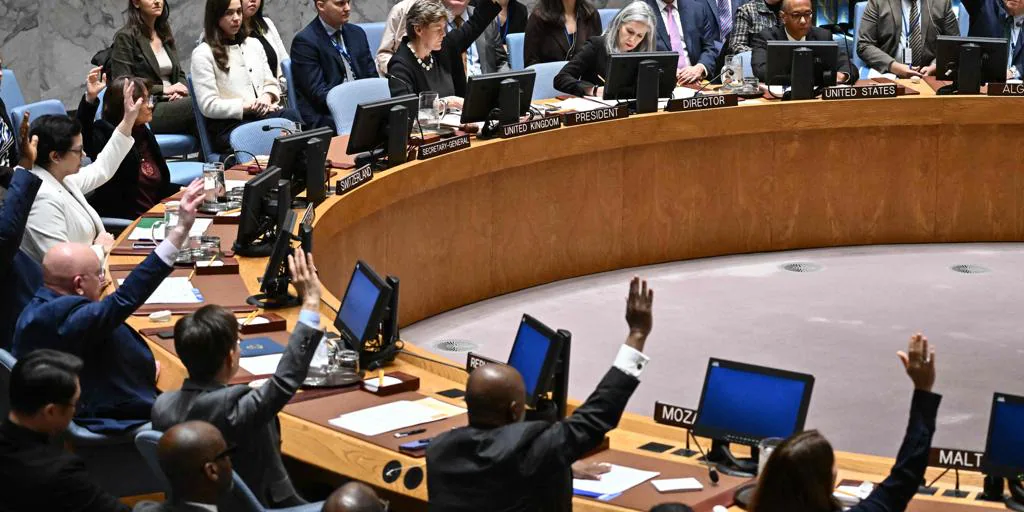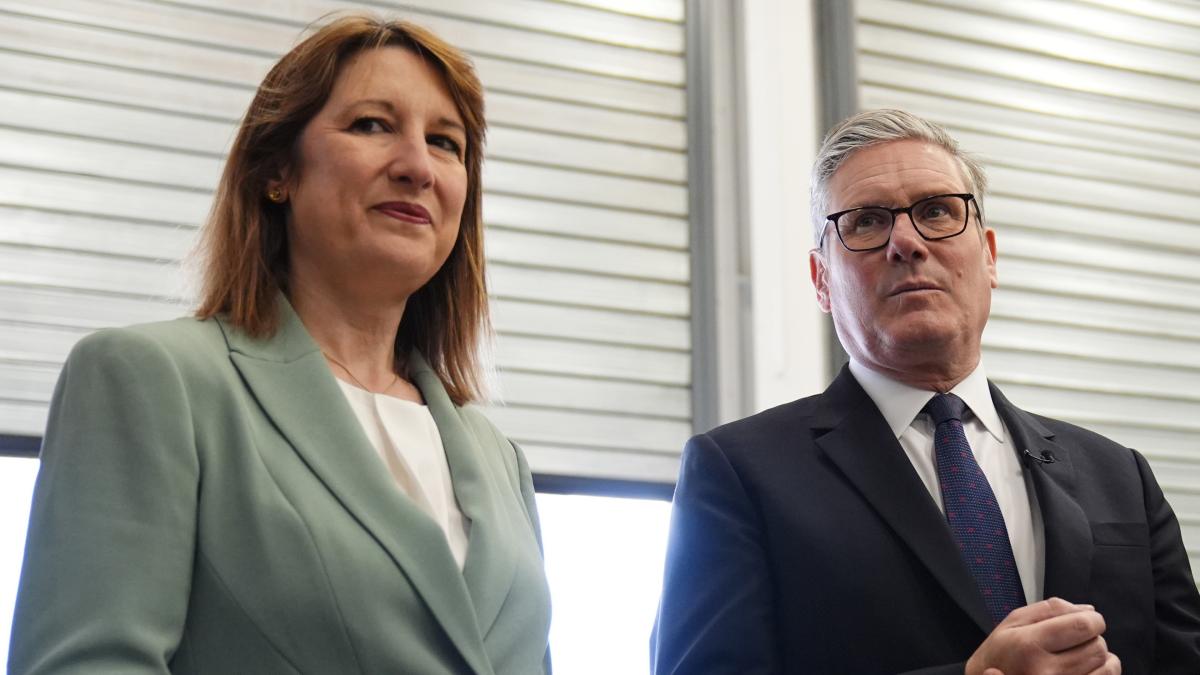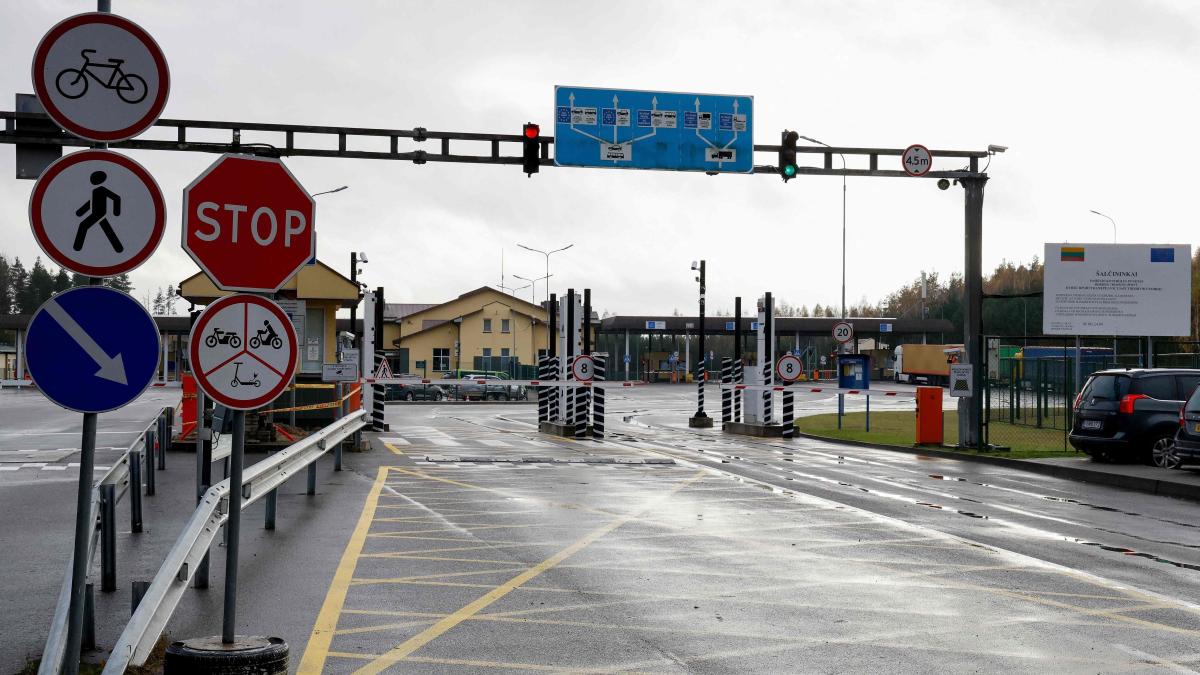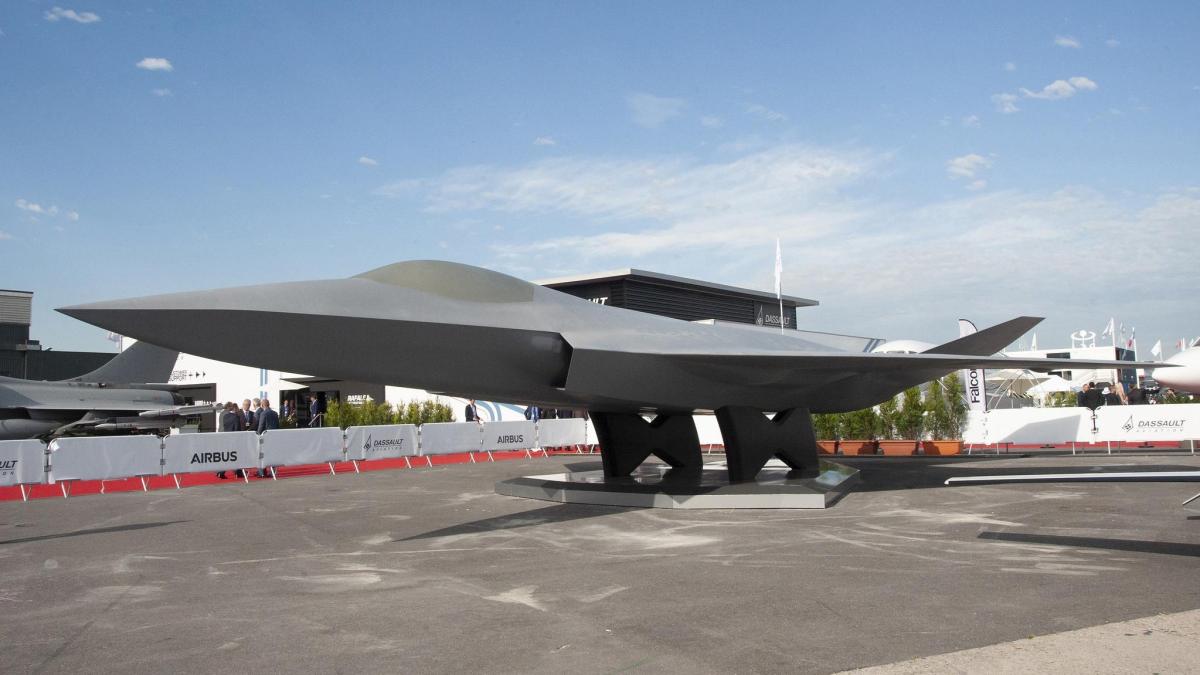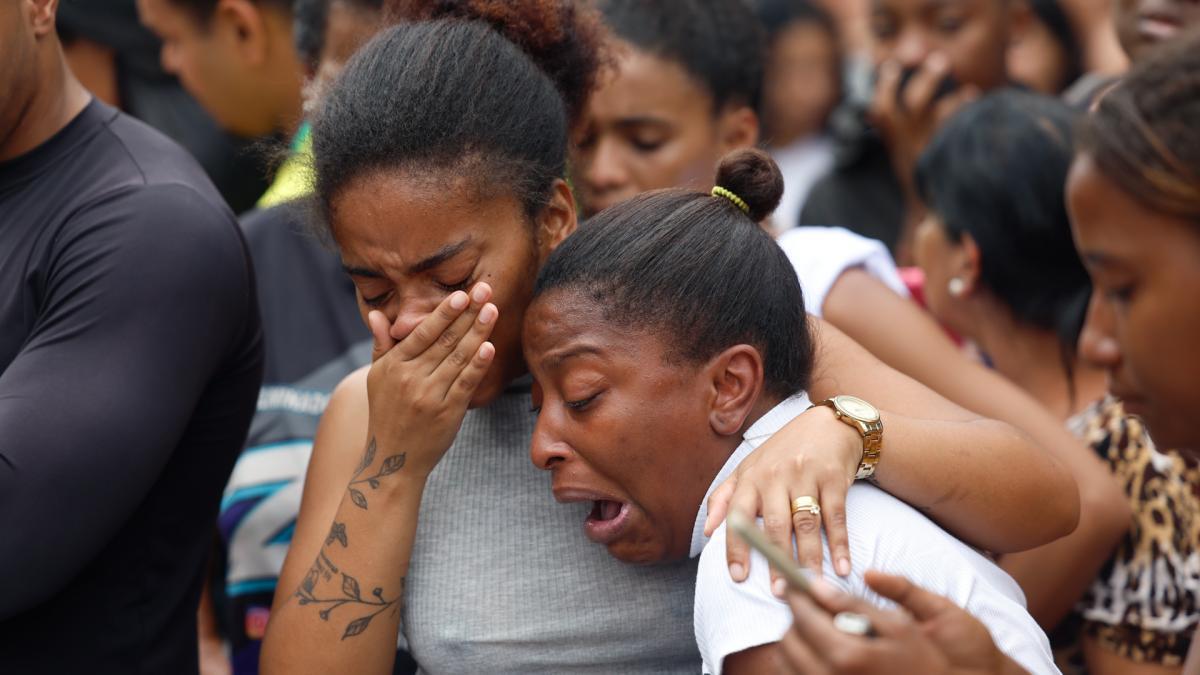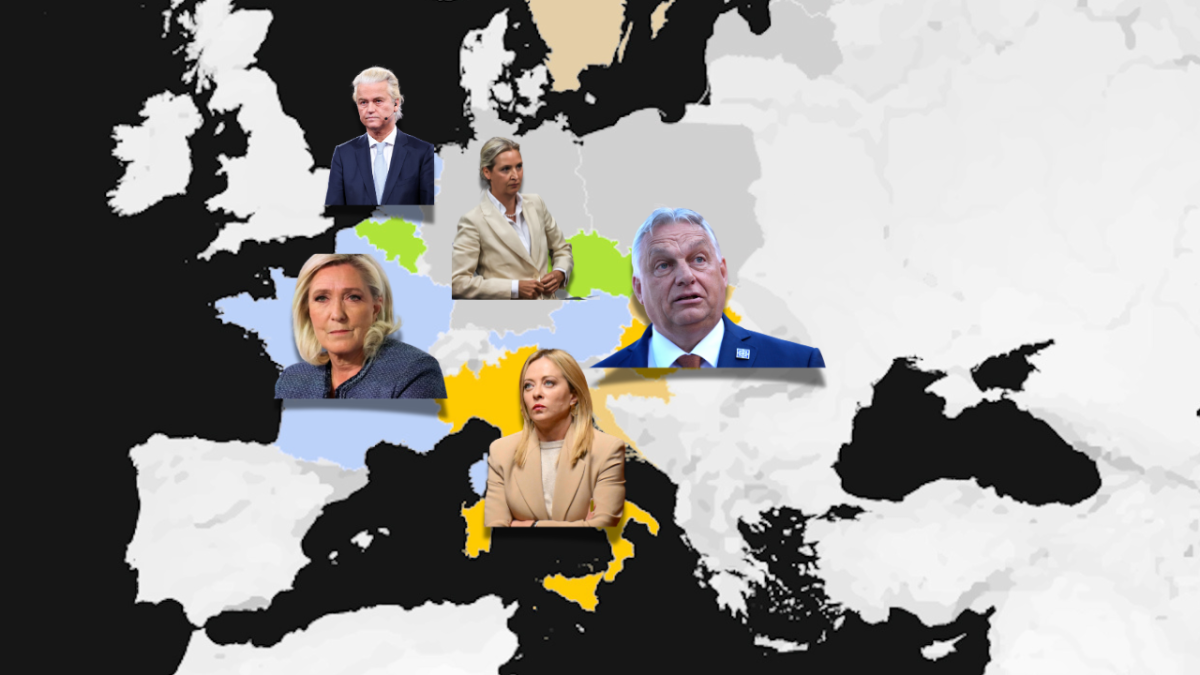United States Again Vetoes UN Ceasefire Request for Gaza
On November 20, 2024, the United States exercised its veto power yet again during a vote at the United Nations Security Council, marking the fourth time it has thwarted calls for a ceasefire in the strife-torn Gaza region. The resolution aimed at establishing an “immediate, unconditional, and permanent” ceasefire amongst the ongoing conflict between Israel and Hamas. The backdrop of this decision unfolds against the harrowing reality of the conflict that has escalated dramatically since early October 2023.
The US ambassador to the UN, Robert Wood, articulated the reasoning behind the veto, emphasizing, “We made it clear in the negotiations that we could not support an unconditional ceasefire that does not achieve the release of the hostages.” His statement, reflecting the US administration’s firm stance, highlights a crucial point of contention in the deliberations.
The Catastrophe of Conflict: A Humanitarian Crisis
The Gaza conflict, entrenched in decades of historical animosity, has seen an alarming escalation in casualties since the outbreak of hostilities in October 2023. According to various reports, the current war has resulted in the deaths of more than 43,000 Gazans, surpassing previous conflicts in terms of civilian fatalities.
The UN Security Council’s draft resolution did not only focus on the ceasefire; it stressed the importance of humanitarian access to civilians in Gaza, demanding immediate access to basic services and humanitarian assistance. The stark language of the resolution denounced any measures that could lead to the starvation of the Palestinian population, emphasizing the dire need for immediate action amidst impending crisis.
The Broader Political Landscape
Compatible with its long-standing alliance with Israel, the US has consistently defended its decisions at the UN, citing the ongoing hostage crisis involving Israeli soldiers and civilians held by Hamas as justification for not endorsing an unconditional ceasefire.
Yet the repercussions of the US veto cannot be understated. Observers and analysts argue that such positions may exacerbate tensions not only in Gaza but across the broader Middle Eastern landscape, where extremism and violence are likely to flourish in the absence of political solutions.
International Reactions
The vetoed resolution has sparked outrage among many nations and observers worldwide. The international community, including key players in diplomacy such as the European Union and neighboring Arab nations, has condemned the US stance, advocating for a balanced approach to conflict resolution that encompasses humanitarian concerns alongside security imperatives.
Organizations focused on peace and humanitarian aid also voiced their concerns, warning that a prolonged conflict without intervention will lead to further loss of innocent lives and deepening societal wounds.
The Role of the United Nations Security Council
The United Nations Security Council (UNSC), one of the UN’s main organs, is mandated with ensuring international peace and security. Established post-World War II, the UNSC has the power to adopt binding resolutions, impose sanctions, and authorize military intervention.
However, the structure of the UNSC, particularly the veto power held by its five permanent members – the US, UK, France, Russia, and China – often leads to significant geopolitical standoffs. This veto mechanism can lead to stagnation when international crises arise, as seen in the recent developments in Gaza.
A Deepening Divide: Humanity vs. Politics
As humans, the common plight and suffering of civilians amidst wars and conflicts ought to transcend political maneuvering. The stark reality is that while political leaders engage in strategic discussions, those caught in between are the innocent, as evidenced by the staggering civilian death tolls in Gaza.
News agencies report that an overwhelming majority of those killed in the ongoing military operations bear no direct affiliation with any militant faction, highlighting the humanitarian imperatives at play within these discussions. The UN’s call for humanitarian corridors, essential for alleviating suffering, further underscores the moral responsibilities that seem to be overshadowed in political dialogue.
Moving forward, finding a balance between demanding accountability for hostage situations and safeguarding the rights and lives of civilians in conflict zones is essential for fostering lasting peace. As the UN Security Council deliberates future resolutions, the global community watches closely, demanding justice and humanity.
Conclusion
The continuous veto by the United States amidst a growing humanitarian crisis in Gaza reflects long-standing geopolitical alliances which often come at the cost of innocent lives. As conflict rages on, the pressing need for dialogue and resolution must replace the cycles of violence. The call for an immediate ceasefire is more than a mere request; it stands as a symbol of our collective humanity, advocating for peace in a place desperately yearning for reprieve.
Source: ABC

